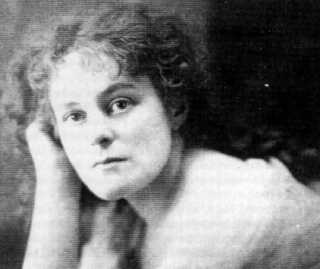Irish Legal Heritage: Maud Gonne and The Famine Queen

Maud Gonne
Having witnessed evictions in 1885 which she described as the “wholesale destruction of the little houses of the people”, Maud Gonne said this “changed the whole course” of her life, transforming her from a “carefree society girl into a woman of set purpose”, determined to free Ireland from the British Empire.
A few months prior to co-founding Inghinidhe na hÉireann in October 1900, Maud wrote The Famine Queen in protest to Queen Victoria’s visit to Dublin.
The day before the queen’s arrival in April 1900, Maud’s paper was published in the United Irishman, voicing her disgust at the official welcome planned, and at “the miserable little politicians … touched by the English canker” and offering hospitality to the queen.
Maud spoke of the clear political necessity of the Queen’s visit to “the country she hates and whose inhabitants are the victims of the criminal policy of her reign, the survivors of sixty years of organised famine”. She said that the political importance of the Queen’s journey was to ask Ireland for soldiers.
Having “sacrificed all to getting money”, Maud asserted that England’s situation was dangerous, having lived for years on a prestige with no solid foundation, “gone down before the rifles of a few thousand heroic peasants”:
“The storm approaches; the gold which the English have made out of the blood and tears of millions of human beings attracts the covetousness of the world. Who will aid the pirates to keep their spoils?”
Maud said Ireland’s reply came proudly through the lips of the Irish people, who called for the queen to return to her own land, as Irishmen were no longer “ready to wear the red shame of your livery”.
Seosamh Gráinséir









